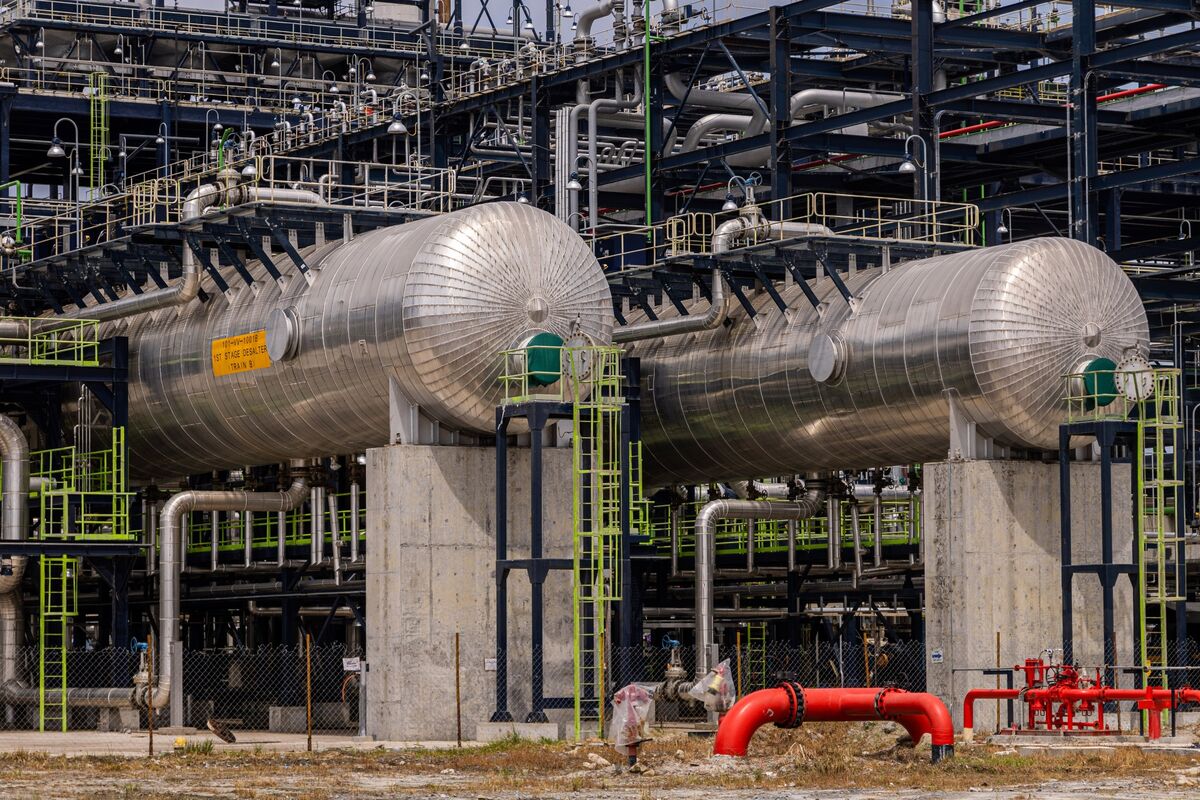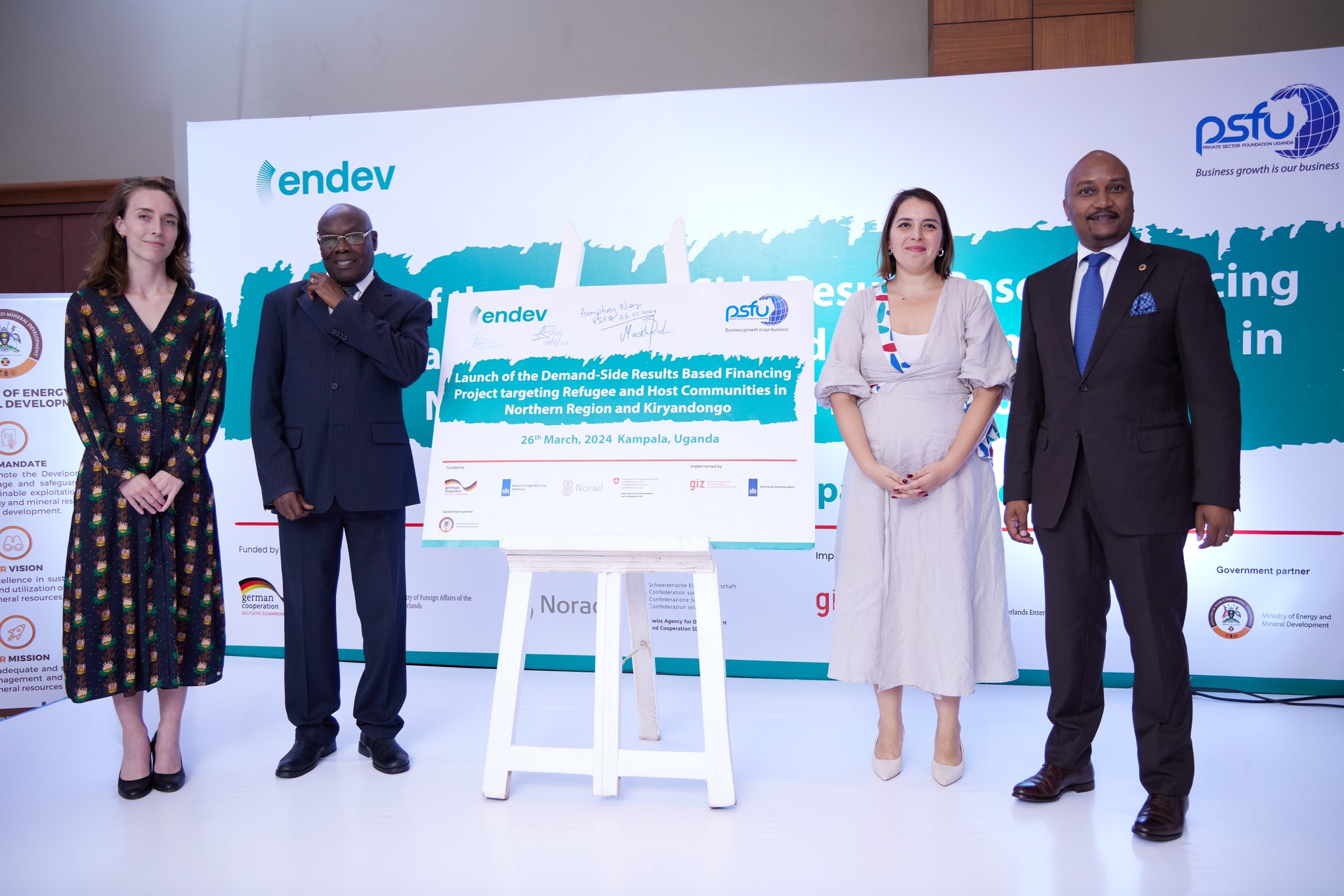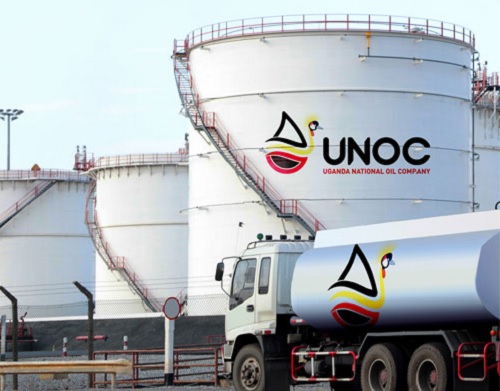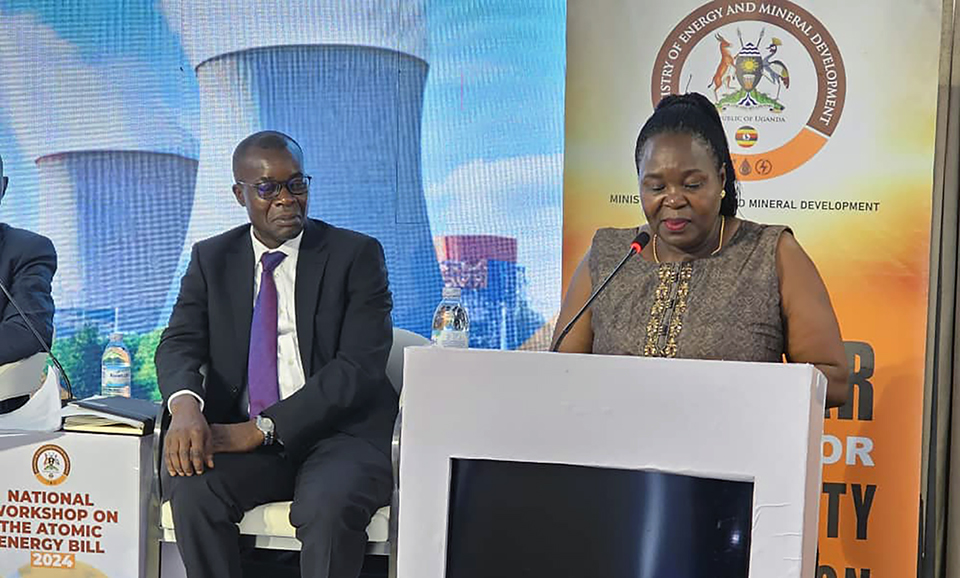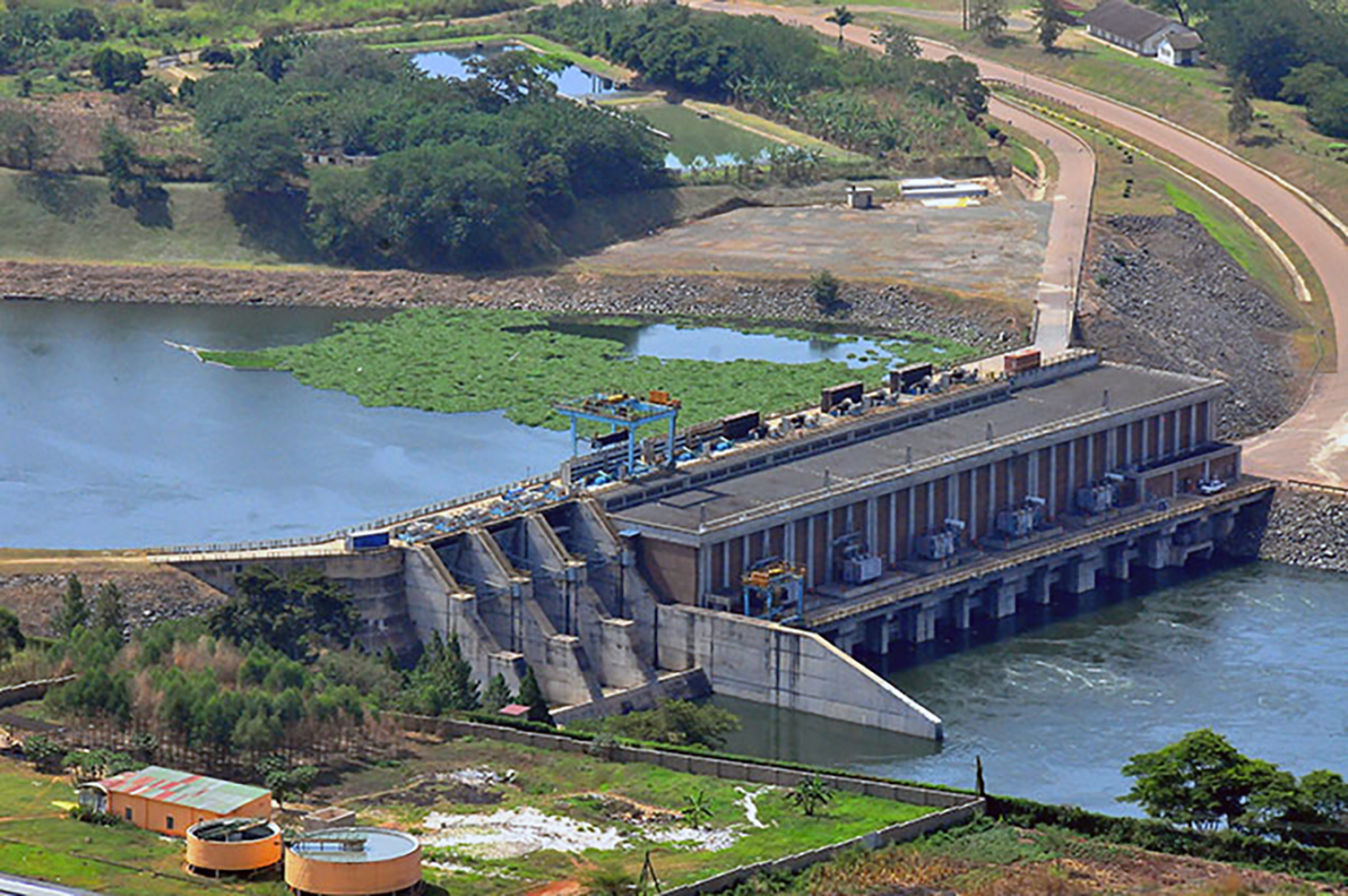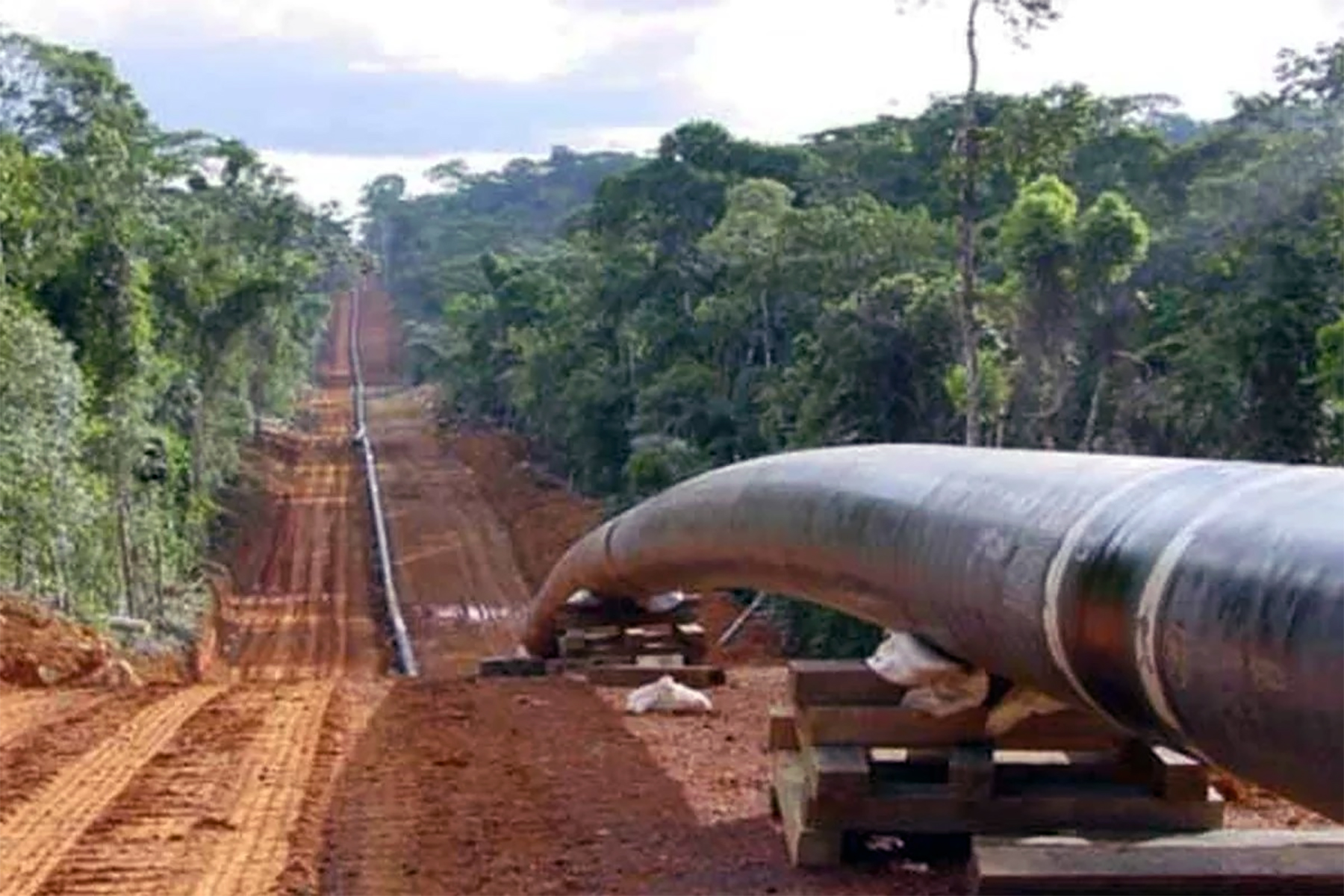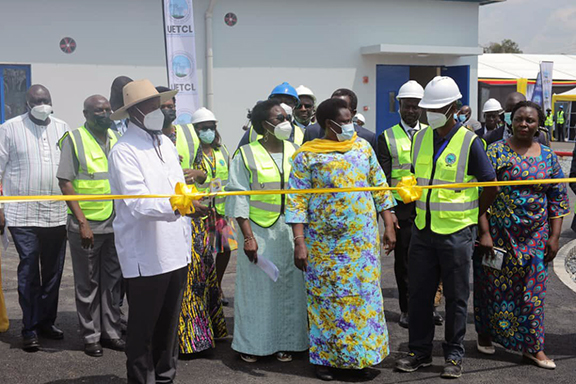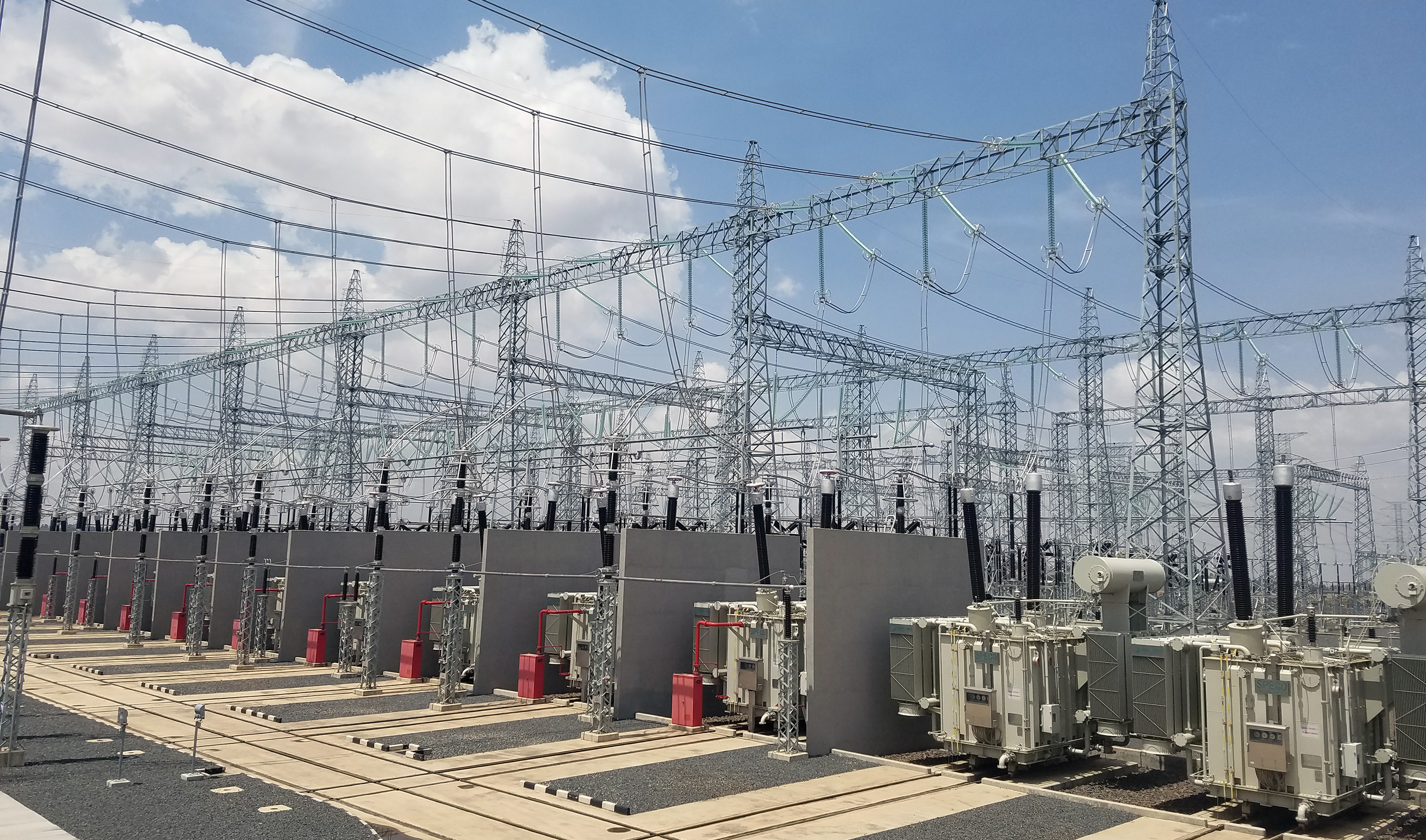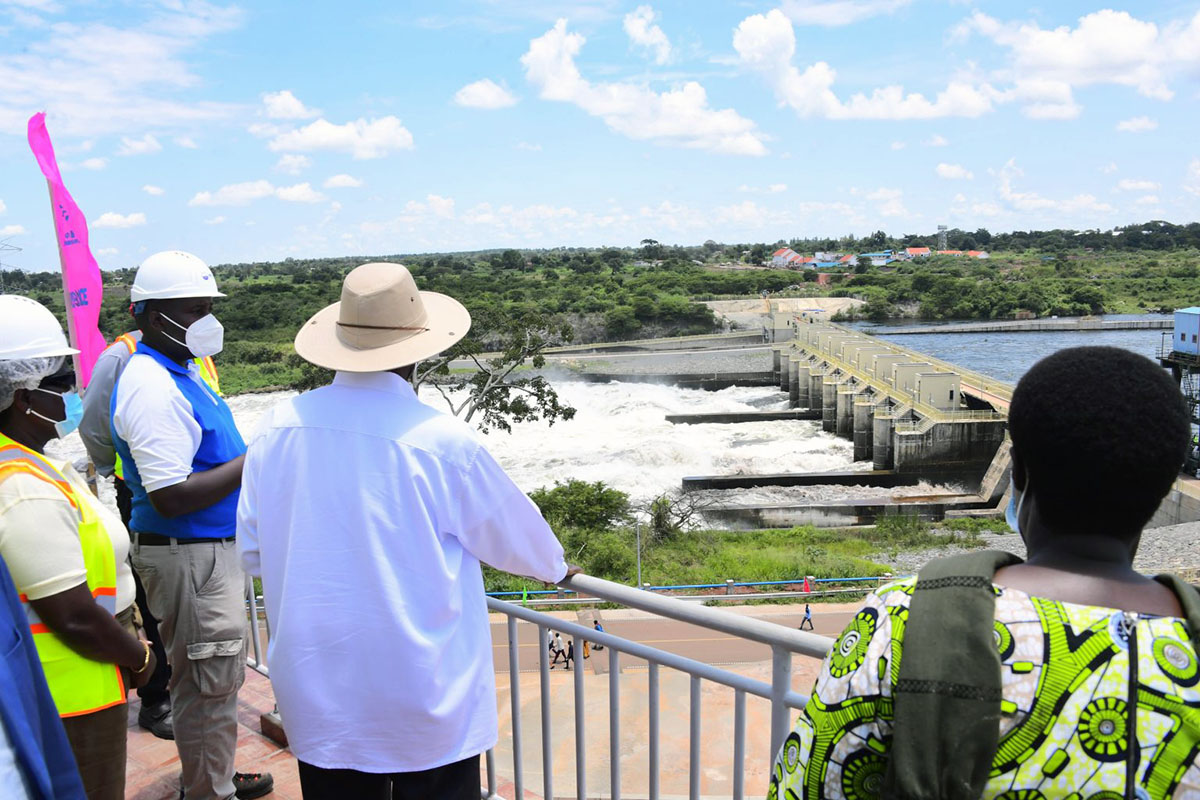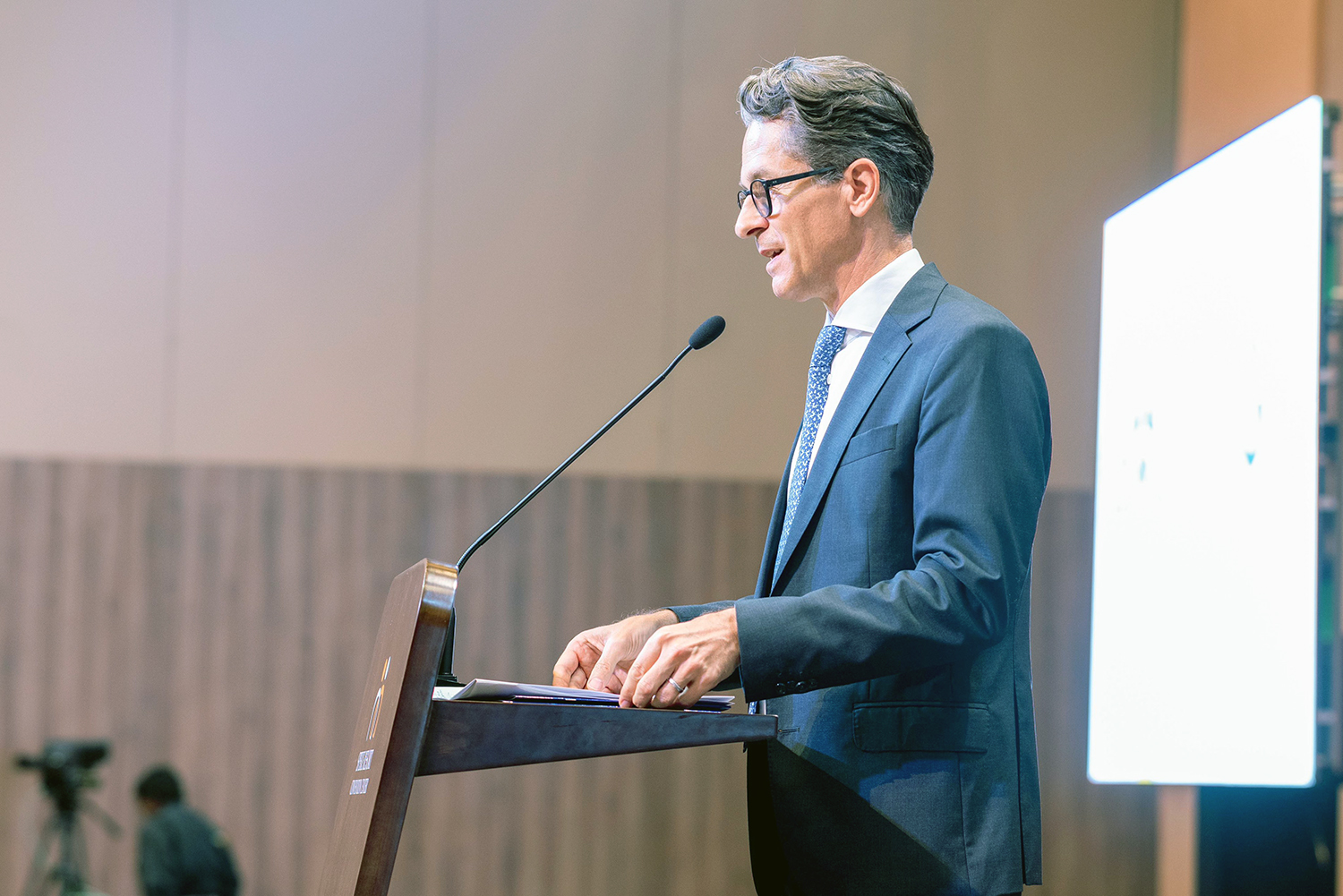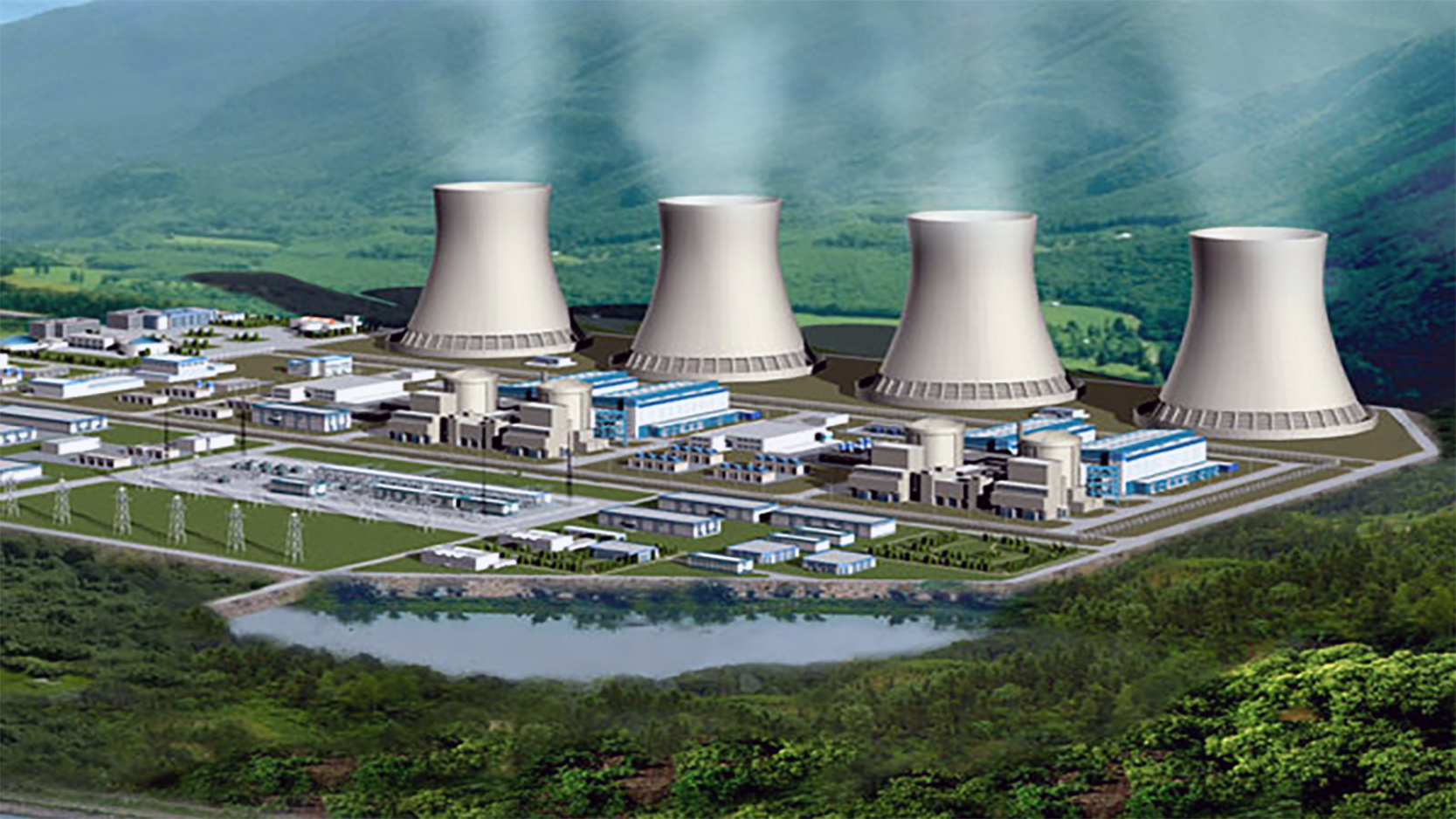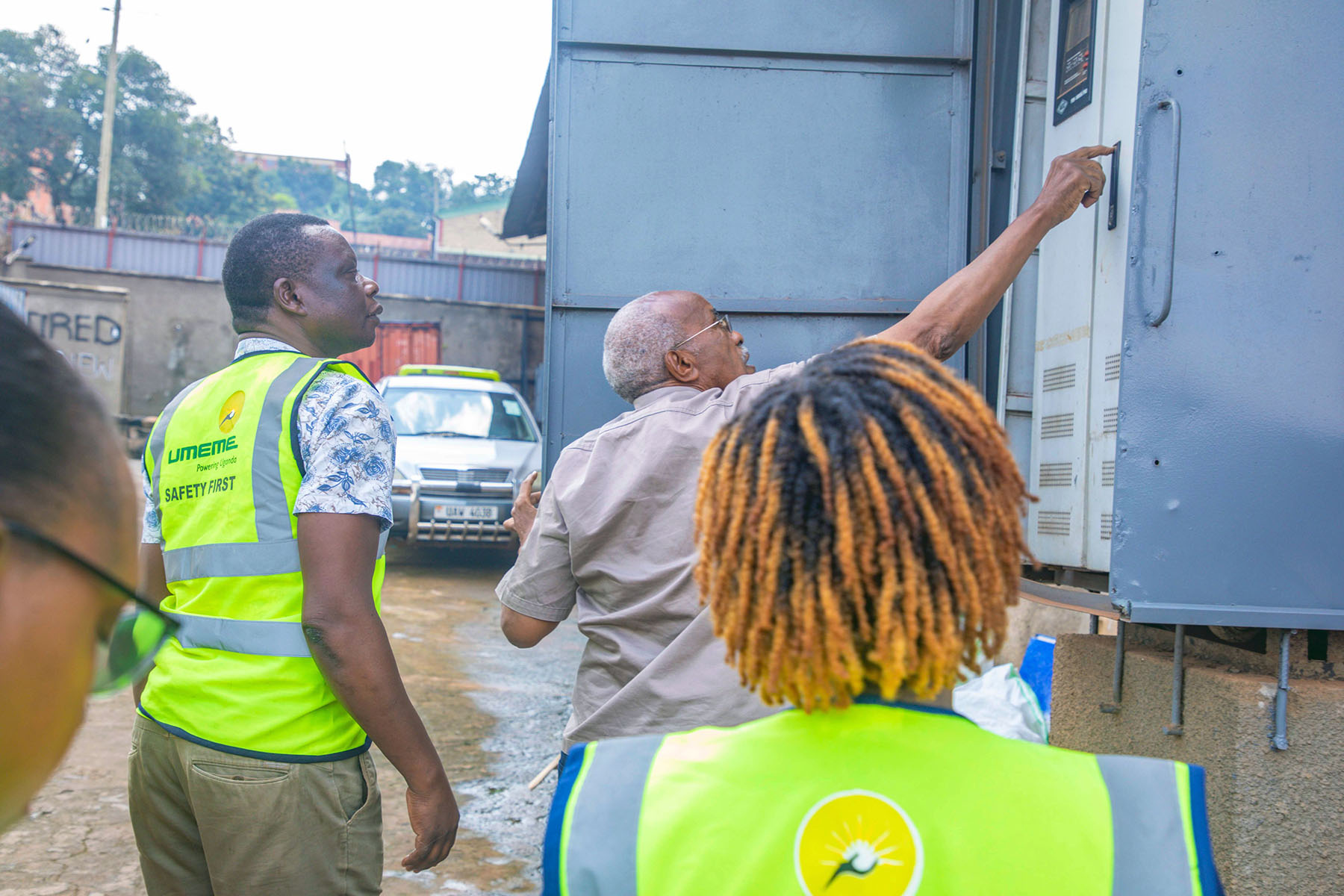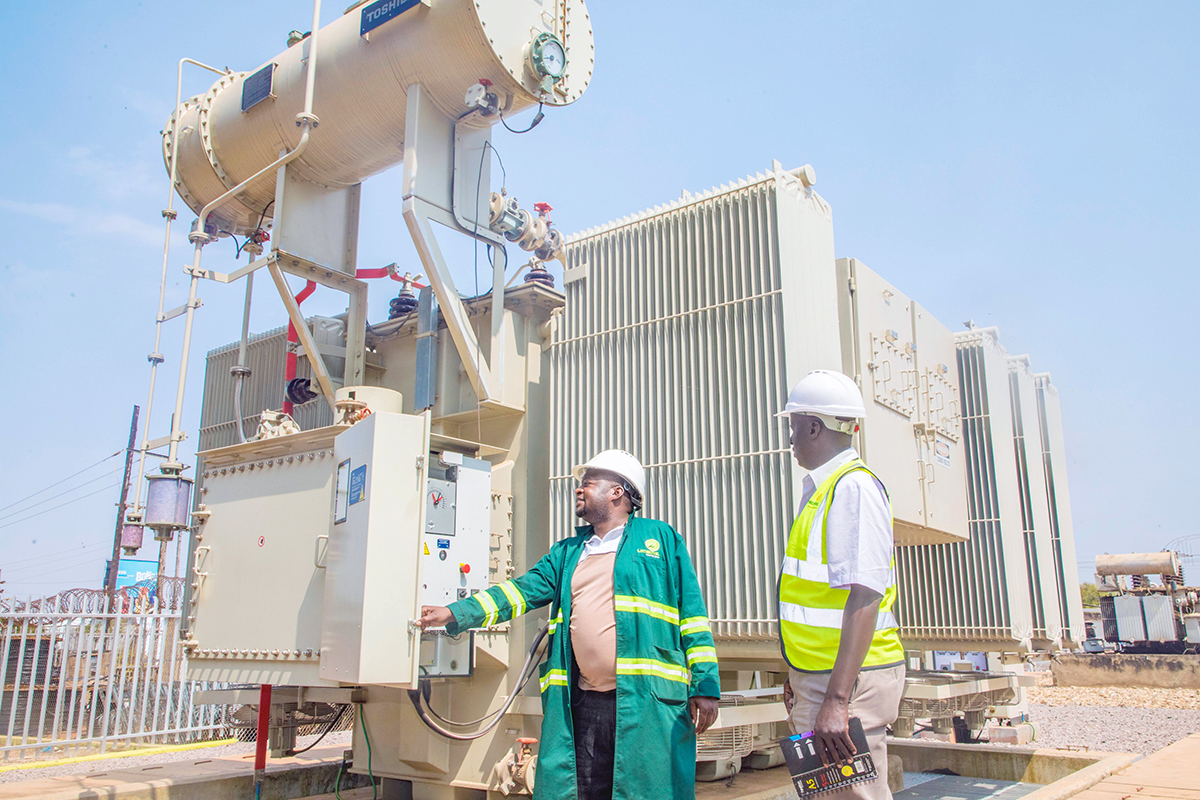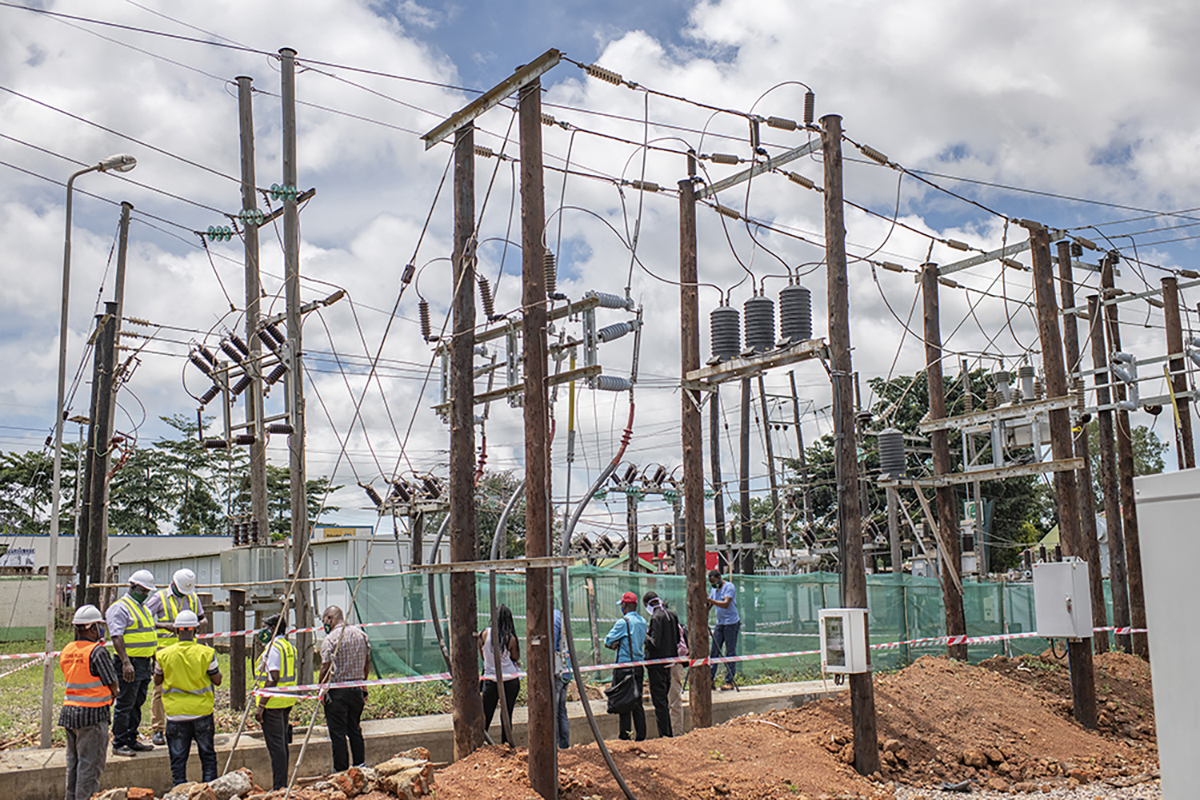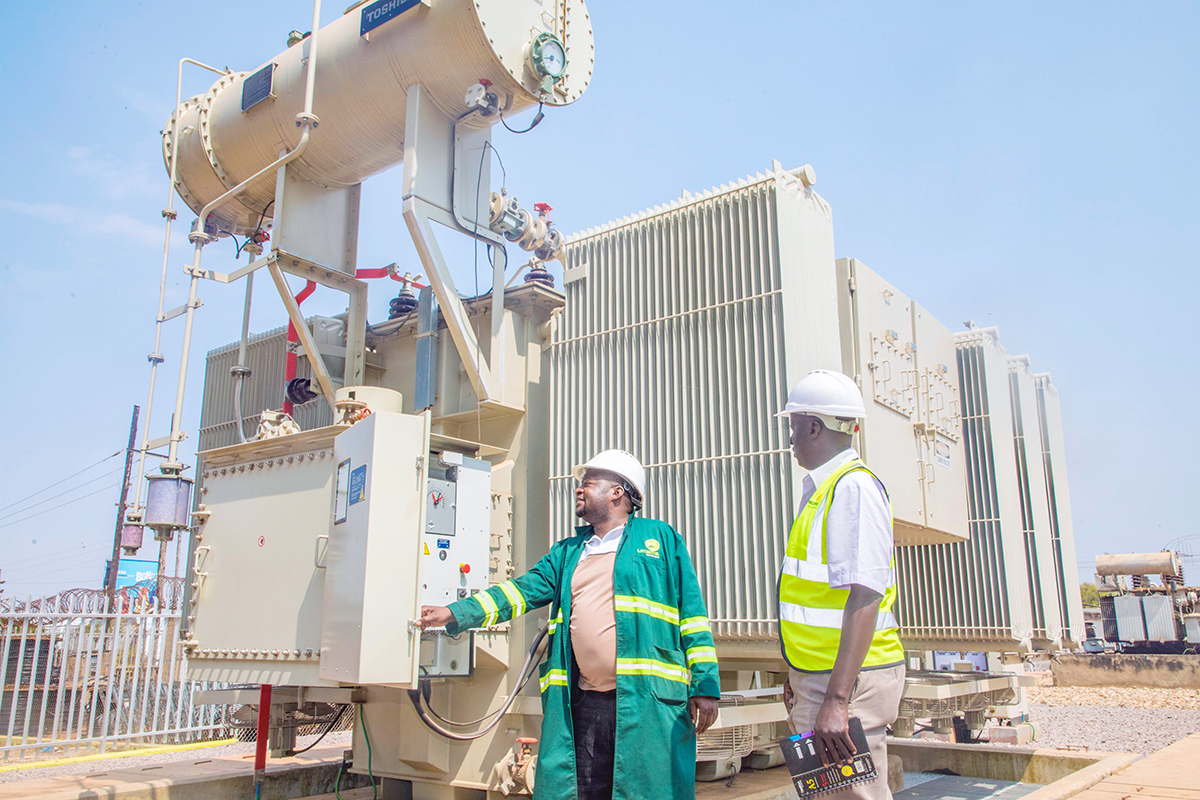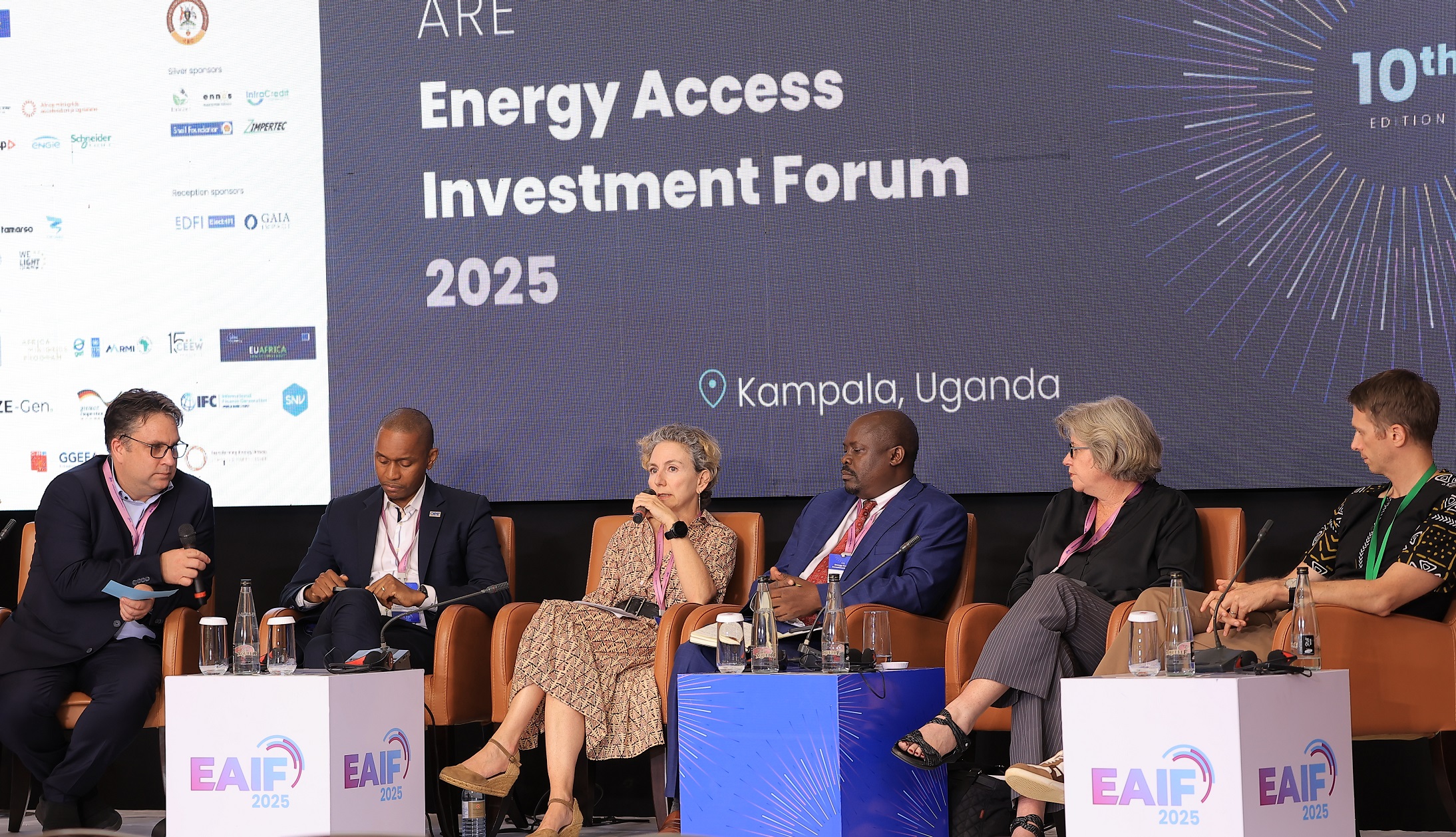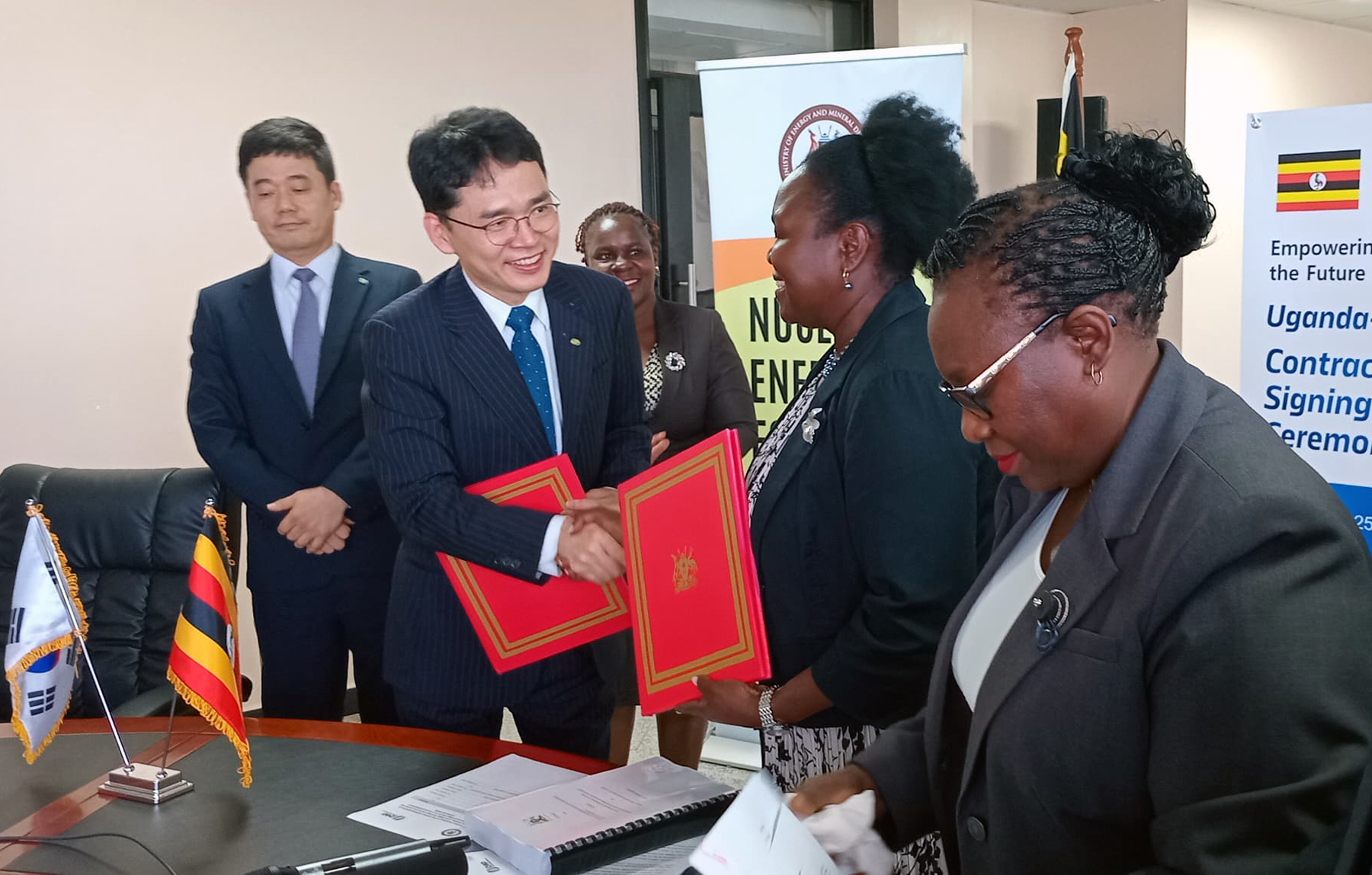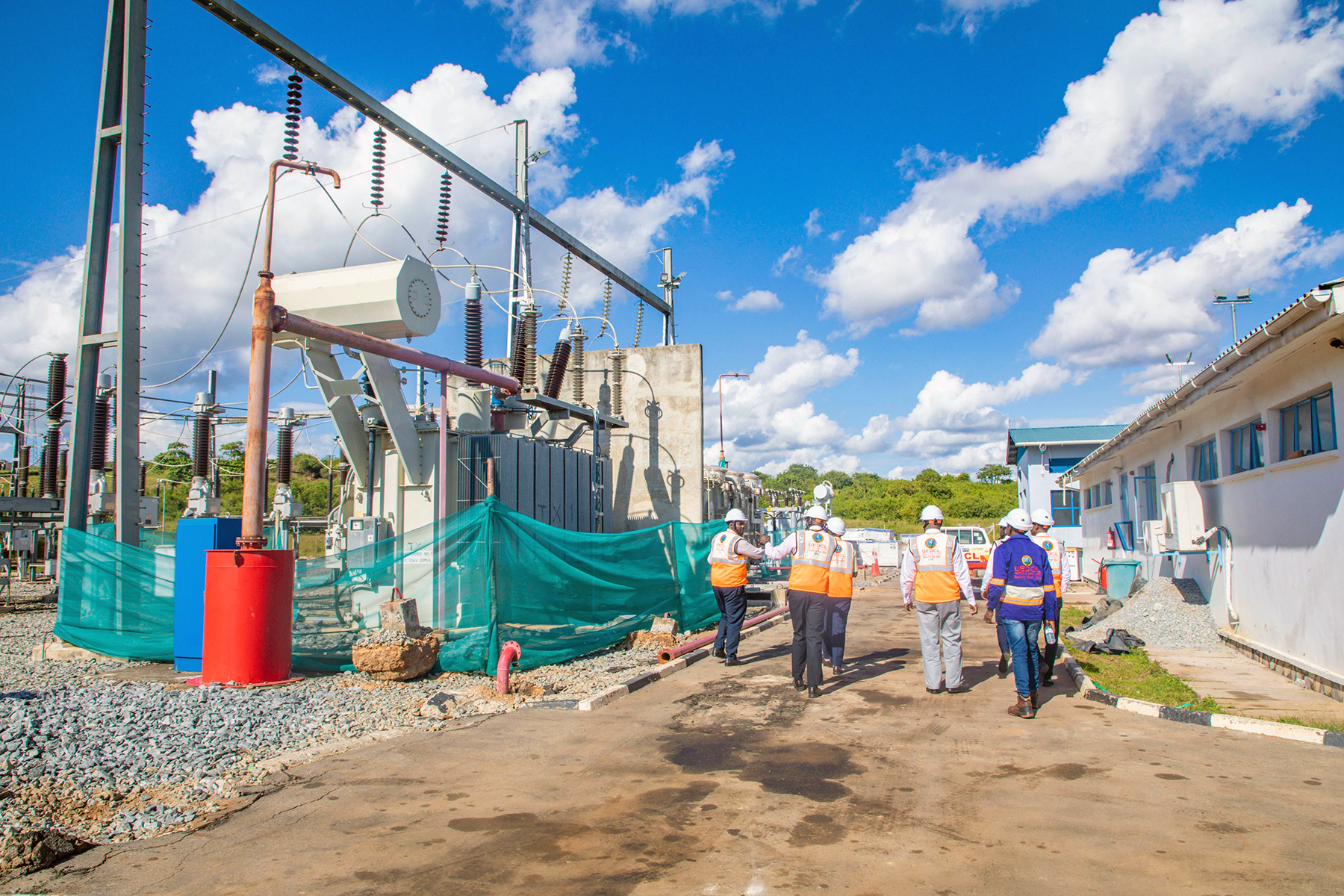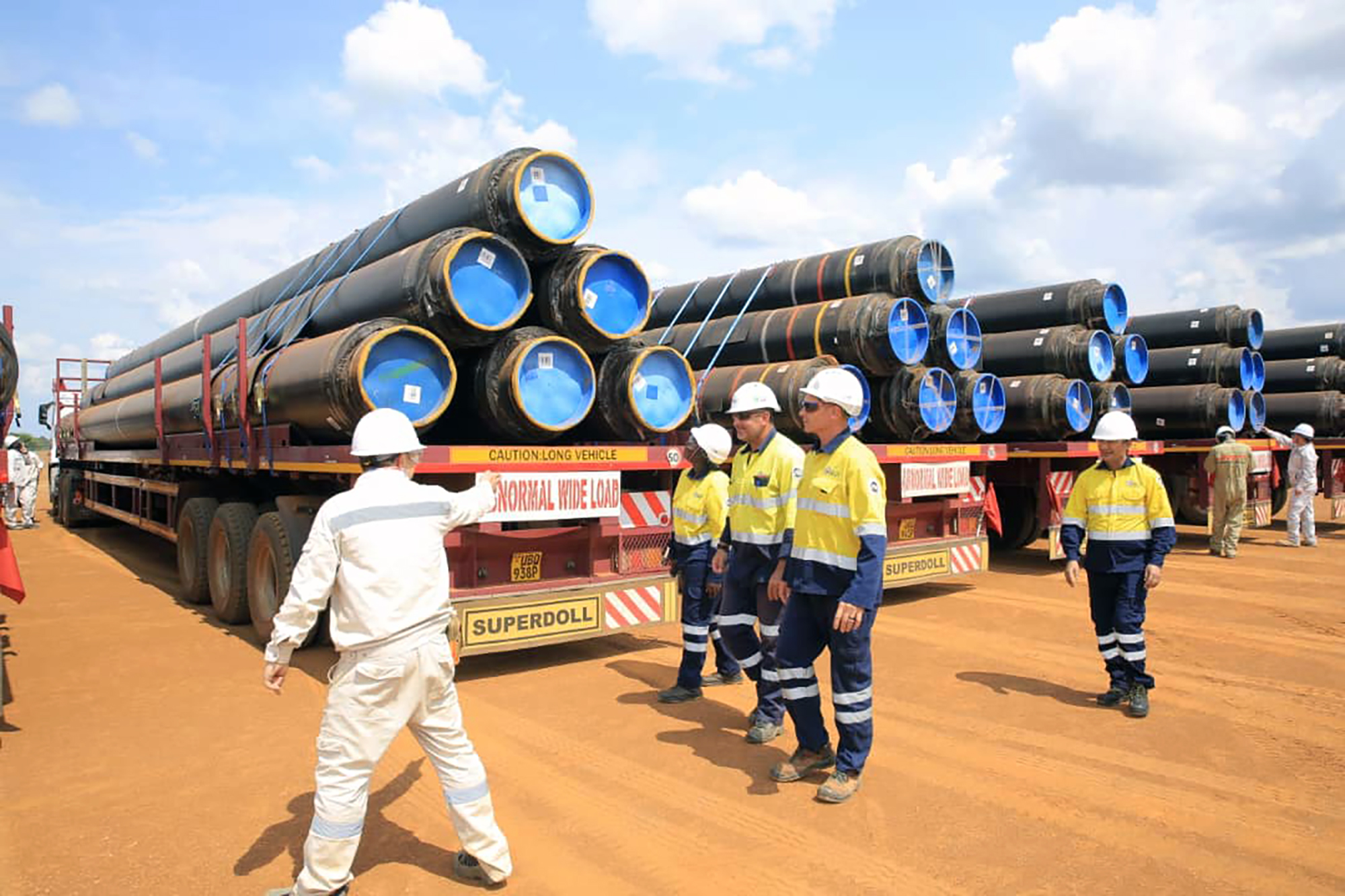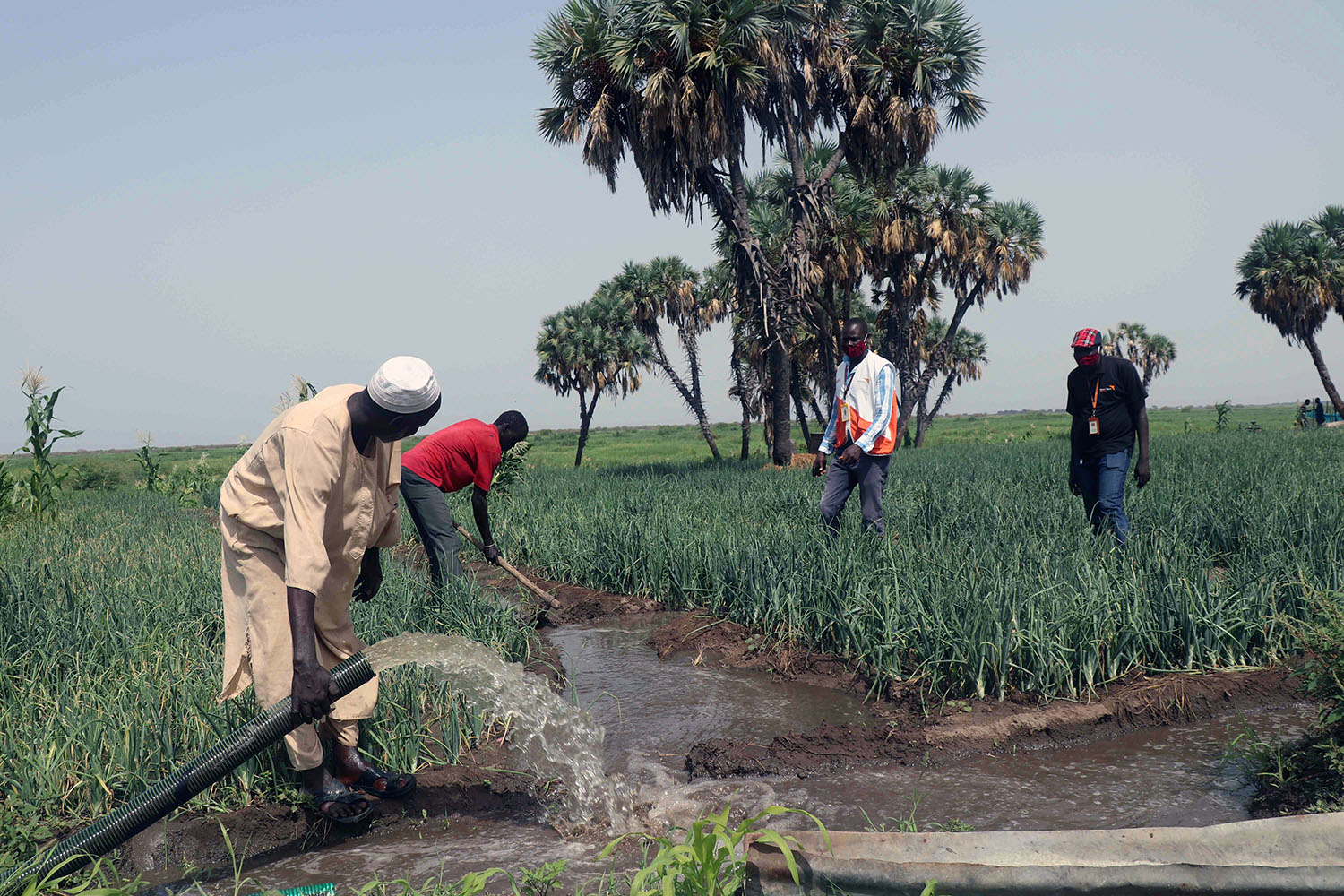Govt set to sign UGX15 Trillion refinery contract

Part of an oil refinery in Nigeria. Alpha MBM Investment from the United Arab Emirates, is set to embark on the construction of a refinery in Uganda.
The Uganda National Oil Company (UNOC) is edging closer to finalizing Front-End Engineering Design (FEED) contracts for the country’s first oil refinery, a $4 billion (UGX 15.2 trillion) project.
The refinery, designed to process 60,000 barrels of crude oil per day, is one of the most ambitious undertakings in Uganda’s energy sector and is expected to be constructed in Hoima District within three years.
UNOC is also in the process of setting up a dedicated project company, Kabaale Refinery Company Limited, to steer the development.
- UNOC will hold a 40% stake in the venture, while private partners, led by Alpha MBM Investments of the United Arab Emirates, will own the remaining 60%.
Felix Okot, UNOC’s head of refinery development, confirmed that the incorporation of the company is imminent. “We expect the company to be fully incorporated and operational within the week,” he told the Daily Monitor, underscoring the project’s momentum.
Technical studies are then scheduled to begin before the end of 2025, followed by early works such as the construction of an access road and perimeter fencing. Preparations are already underway, including an Environmental and Social Impact Assessment.
- The refinery is central to Uganda’s strategy of achieving energy security and reducing reliance on imported petroleum products. The country currently imports about 90% of its refined fuel, a dependency that cost the economy $2.02 billion (UGX 7.7 trillion) in 2023.
With demand for refined fuel growing at 7% annually, Uganda’s import bill is projected to keep rising unless local refining capacity is established.
Officials estimate that domestic production could save the country more than $1 billion (UGX 3.8 trillion) every year once the refinery comes online.
The facility will produce petrol, diesel, kerosene, jet fuel, and liquefied petroleum gas to meet both national and regional demand.
A 211-kilometer products pipeline is planned to connect the refinery to a storage terminal in Mpigi District, aimed at improving distribution to central Uganda and export corridors.
- Negotiations for crude oil supply are underway with TotalEnergies EP Uganda and CNOOC Uganda Limited, which are developing the upstream Tilenga and Kingfisher oil fields.
- Supporting infrastructure is also advancing. Kabalega International Airport in Hoima, designed to handle heavy refinery equipment and cargo, is 96% complete, according to SBC Uganda Limited. At the same time, construction of the Central Processing Facility at the Kingfisher Development Area is nearing completion, further aligning upstream and downstream operations.
Additionally, the economic impact of the refinery is expected to be transformative, with more than 8,000 jobs set to be created during construction - 60% of which are reserved for Ugandans.
The project is also projected to contribute $700 million (UGX 2.7 trillion) in annual tax revenues, according to estimates by the Ministry of Energy and Mineral Development. Beyond refined fuels, the refinery is expected to catalyze secondary industries such as fertilizer, plastics, and pharmaceuticals through the use of petrochemical by-products.
If the activities and current timelines remain on schedule, Uganda could begin refining its own crude oil before the end of the decade, marking a gigantic step toward energy independence.



.jpg)


